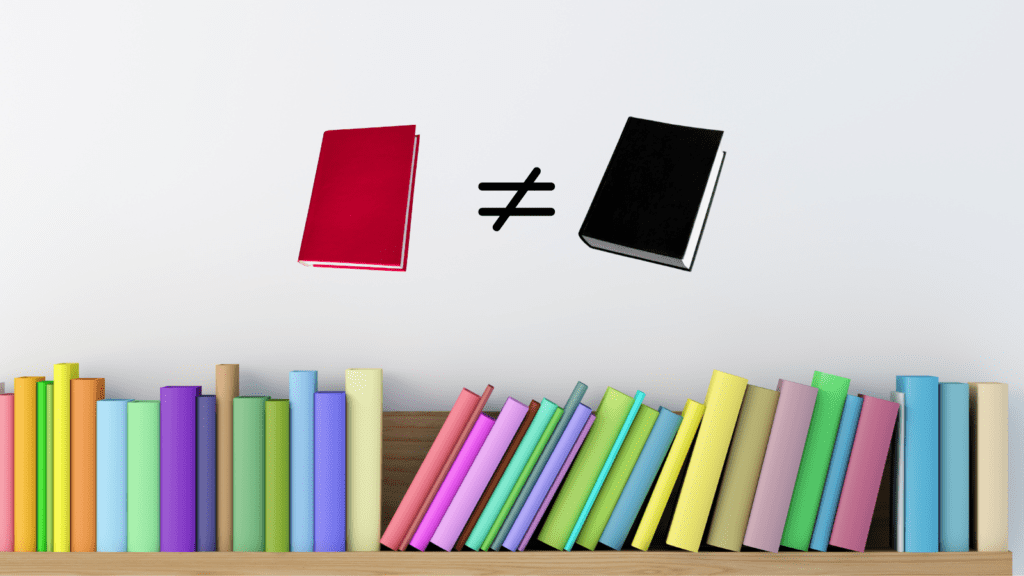Why the Use of Comps in Querying Books Needs to End
In a few short weeks, I’m going to begin the querying process on my first Christian self-help nonfiction work. As part of this process, I have to find titles that are comparable to my own. Professionals in the writing industry refer to these titles as “comps.”
And my, do I hate them.

Why publishers and agents like comps
From the perspective of the agent or publisher you’re sending a query letter to, comps are the best thing ever. They’re a shortcut to understanding your potential market. Comps help the publisher or agent understand at a glance what the book is like and who might enjoy it. That’s gold when it comes to making the financial decision to buy your manuscript.
Three major risks of citing books you think are similar
From the perspective of a creative writer who has something entirely new to say, comps are shackles. As soon as you connect your book to comps, you influence the agent or publisher’s notion of what the book is supposed to be. The agent or publisher might not assess your content independently for its own merit, style, and nuances. Instead, they pick it up with a whole slew of preconceptions. Many of of those preconceptions might not be completely accurate if your content genuinely is unique. In the worst case scenario, if you pick the “wrong” comps, the agent or publisher might choose not to read your sample material at all.
The second problem with comps is time. In general, agents and publishers consider comps outdated if they came out more than three years ago. That makes sense given agents and publishers are trying to assess your book against the current market. But you can give the impression that you’re not up to speed if you cite an older publication.
Agents and publishers also can make some assumptions about you based on the comps you choose. If you compare your book to a well-known author, for instance, they can assume you’re overly confident. In the same way, agents and publishers can assume you share the same beliefs or stances as your comp authors. Cite J.K. Rowling, for instance, and the assumption might be based on her controversies that you don’t support people with certain sexual orientations. It’s easy to be guilty by association and have your writing rejected because the agent or publisher, who legitimately wants a good relationship with an author they work with, is subconsciously assessing people rather than content.
So, you have a balancing act to manage. You must find authors with enough recognition that the agent or publisher quickly can make the connection between them and your own book, but you must not select an author that makes you look bad.
Because we’re not to the ideal, proceed with caution
A great agent or publisher shouldn’t dismiss or accept a manuscript based solely on the comps you offer in your query. But comps nevertheless will influence the perception of what your book is. Writing and getting an agent or publisher to work with you is competitive enough without having to climb over unnecessary preconceptions and associations. Ideally, agents and publishers would use their existing knowledge of the book market to make comparisons and identify your fit after reading the manuscript independently, rather than before. Until we get to that point, be discerning in your selection and presentation of other books.